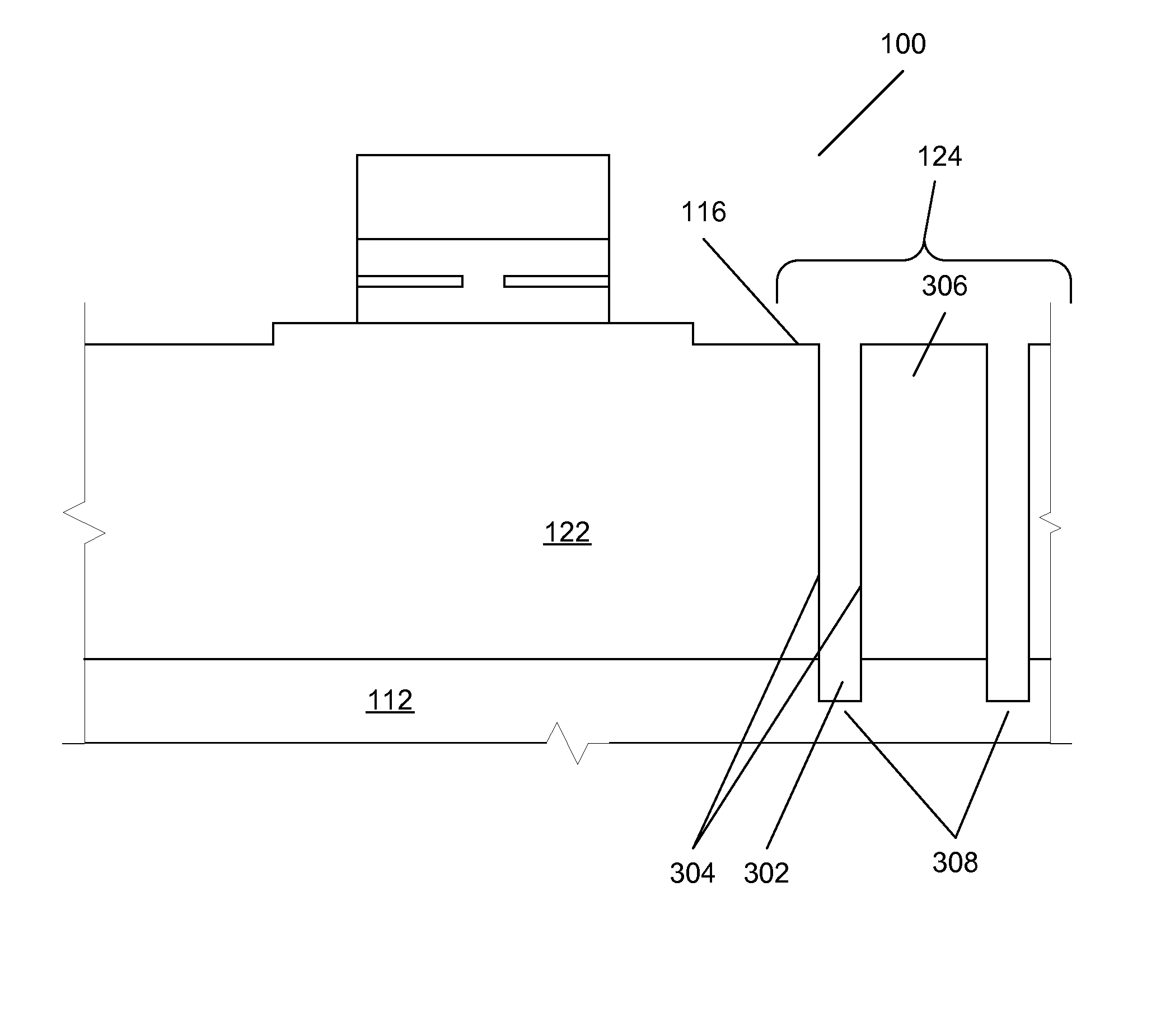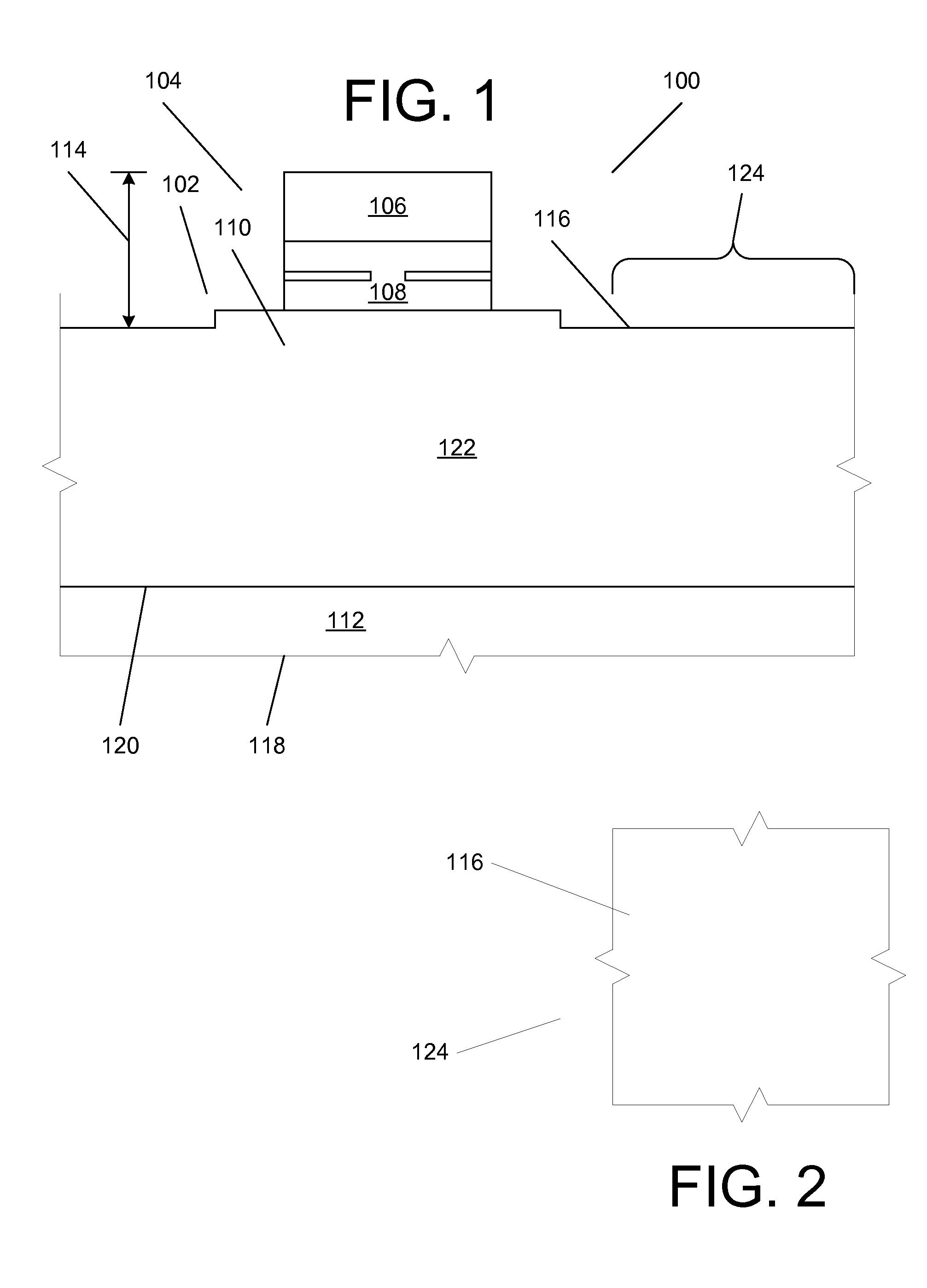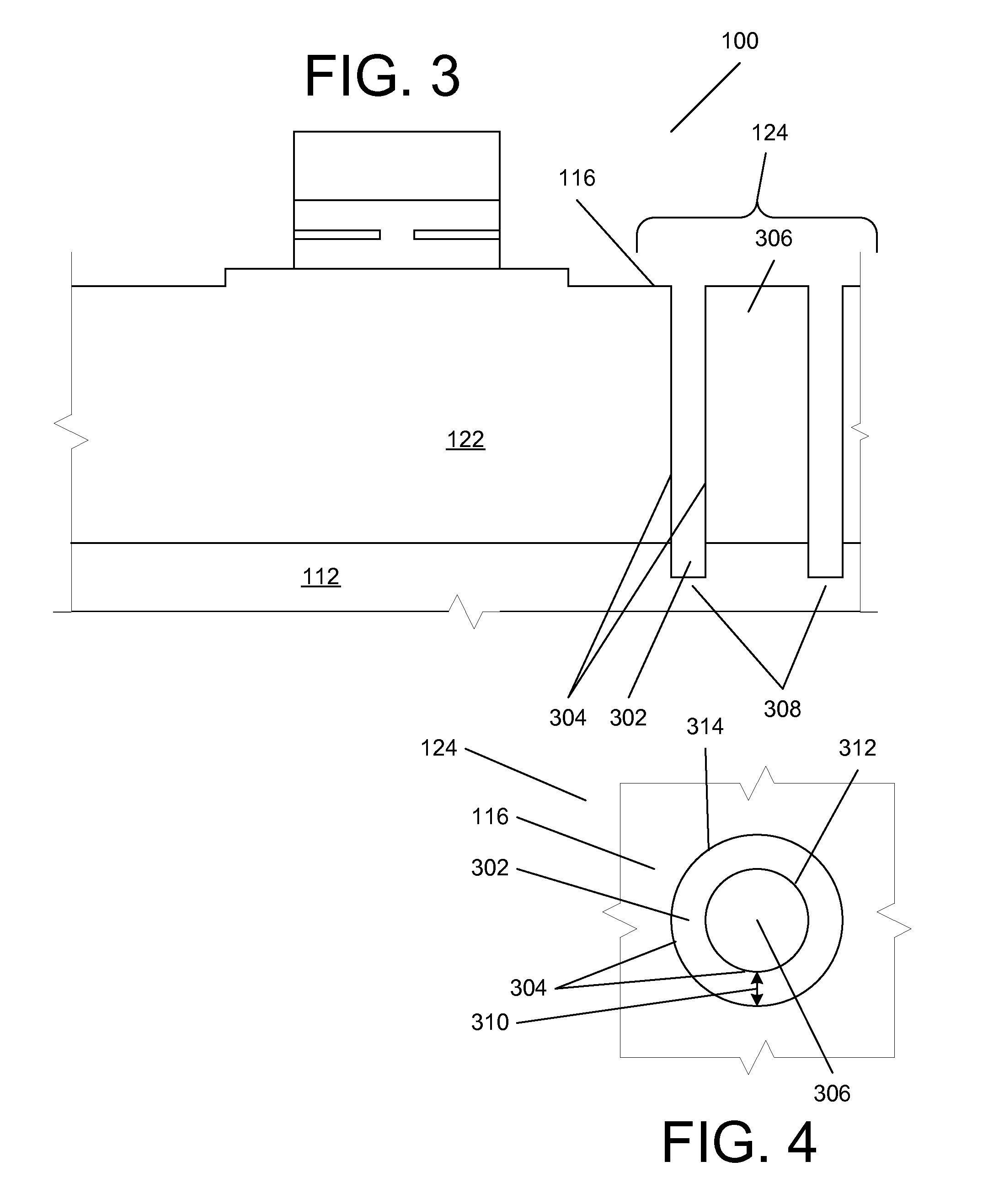Remote chip attachment
a chip and remote chip technology, applied in the field of semiconductor devices, can solve the problems of increasing cost, compounding difficulty, and difficult to create electrically conductive vias, and achieve the effect of facilitating the formation of chip to chip electrical connections
- Summary
- Abstract
- Description
- Claims
- Application Information
AI Technical Summary
Benefits of technology
Problems solved by technology
Method used
Image
Examples
Embodiment Construction
[0123] At the outset, it is to be understood that the term “wafer” as used herein is intended to interchangeably encompass all of the terms “chip”, “die” and “wafer” unless the specific statement is clearly and exclusively only referring to an entire wafer from which chips can be diced, for example, in references to an 8 inch or 12 inch wafer, chip or die “-to-wafer”, “wafer-to-wafer”, or “wafer scale” processing. If use of the term would, as a technical matter, make sense if replaced by the term “chip” or “die”, those terms are also intended. Moreover, a substantive reference to “wafer or chip” or “wafer or die” herein should be considered an inadvertent redundancy unless the above is satisfied.
[0124] In general, specific implementations of aspects described herein make it possible to form connections among two or more wafers containing fully-formed electronic, active optical or electro-optical devices in a simple, controllable fashion which also allows for a deep via depth, high ...
PUM
 Login to View More
Login to View More Abstract
Description
Claims
Application Information
 Login to View More
Login to View More - R&D
- Intellectual Property
- Life Sciences
- Materials
- Tech Scout
- Unparalleled Data Quality
- Higher Quality Content
- 60% Fewer Hallucinations
Browse by: Latest US Patents, China's latest patents, Technical Efficacy Thesaurus, Application Domain, Technology Topic, Popular Technical Reports.
© 2025 PatSnap. All rights reserved.Legal|Privacy policy|Modern Slavery Act Transparency Statement|Sitemap|About US| Contact US: help@patsnap.com



